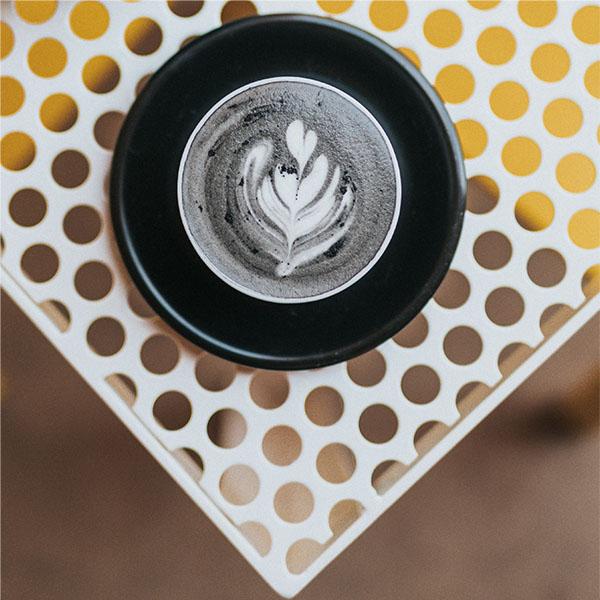Made by heating up carbon-rich material like coconut shells, bamboo or wood until it turns to ash, charcoal cashes in on the popularity of not one but two wellness buzzwords: “natural” and “detox.” It purportedly purifies your body by absorbing all manner of nasty stuff, from unspecified toxins in your GI tract to the gunk in your pores. (Activated charcoal means it’s been processed to have a more porous surface area for better absorption.)
But how legit is it? We asked three experts—a dermatologist, a dietitian and a dentist—to back up or debunk the claims.
CHARCOAL IN SKINCARE
The claim: Charcoal face masks and cleansers are said to draw impurities out of pores.
Our expert says: “From a skincare point of view, there is not a lot of clinical evidence, and most of the purported benefits are theoretical,” explains Dr. Sandy Skotnicki, medical director at Bay Dermatology Centre and assistant professor of dermatology and occupational health at the University of Toronto. “The claim is that activated charcoal
binds dirt and oils and removes them better than regular detergents or surfactants [in typical cleansers] do, and theoretically this could be true.”
While the science for this skincare claim is scant, charcoal is “inexpensive and does not appear to irritate, so its addition to cleansers and masks is understandable,” she says. For an ingredient with a bit more clout, Dr. Skotnicki favours clay, “which is a very old-fashioned way of removing ‘stuff’ from pores.” You can also find skincare with charcoal as well as clay to reap the benefits of both.
CHARCOAL IN FOOD
The claim: From inky lemonades to ice cream, charcoal in food is touted as a detoxifier.
Our expert says: It’s true that activated charcoal has been used for ages in hospitals to treat acute or extreme toxicity or poisoning, such as drug overdoses. In these cases, it can be used as “a means of essentially coating or binding compounds in the stomach and allowing them to be excreted relatively safely,” explains Jennifer Sygo, registered dietitian and sports nutritionist at Cleveland Clinic Canada.
If you’re consuming charcoal while taking medications, you could render those prescription drugs useless. (Red flag if you’re on the birth control pill.)
So there’s a lot of research backing up the effectiveness of activated charcoal—but as an emergency treatment, not as something you’d take on the regular, says Sygo. And while having charcoal in food could, in theory, “eliminate heavy metals like mercury or arsenic that we don’t want in our bodies,” it could bind and get rid of good stuff, too.
If you’re consuming charcoal while taking medications, for example, Sygo says you could render those prescription drugs useless. (Red flag if you’re on the birth control pill.) Charcoal could even mess with your absorption of supplements and vitamins. Sygo’s advice if you still want a charcoal drink or snack: “take it an hour to an hour and a half before having a meal or medication.”
CHARCOAL IN DENTAL CARE
The claim: Charcoal toothpaste is marketed as a way to whiten teeth naturally, without peroxide bleaching.
Our expert says: “Despite claims of its antibacterial and cleansing benefits to the mouth, there is no reputable data from clinical or lab settings or any long-term studies that suggests using charcoal to whiten teeth is either effective or safe,” says Dr. LouAnn Visconti, president of the Ontario Dental Association.
But what about the anecdotal success stories? Thanks to the gritty texture, brushing with charcoal can help scrub away surface stains—but that also means scouring your tooth enamel, which doesn’t come back when worn away. “Some of these products may also be too abrasive to use safely on the teeth and could cause enamel erosion,” confirms Dr. Visconti. And if your enamel thins out, it’ll reveal the naturally yellow dentin layer underneath, making your teeth look more discoloured than before—talk about unintended consequences.

